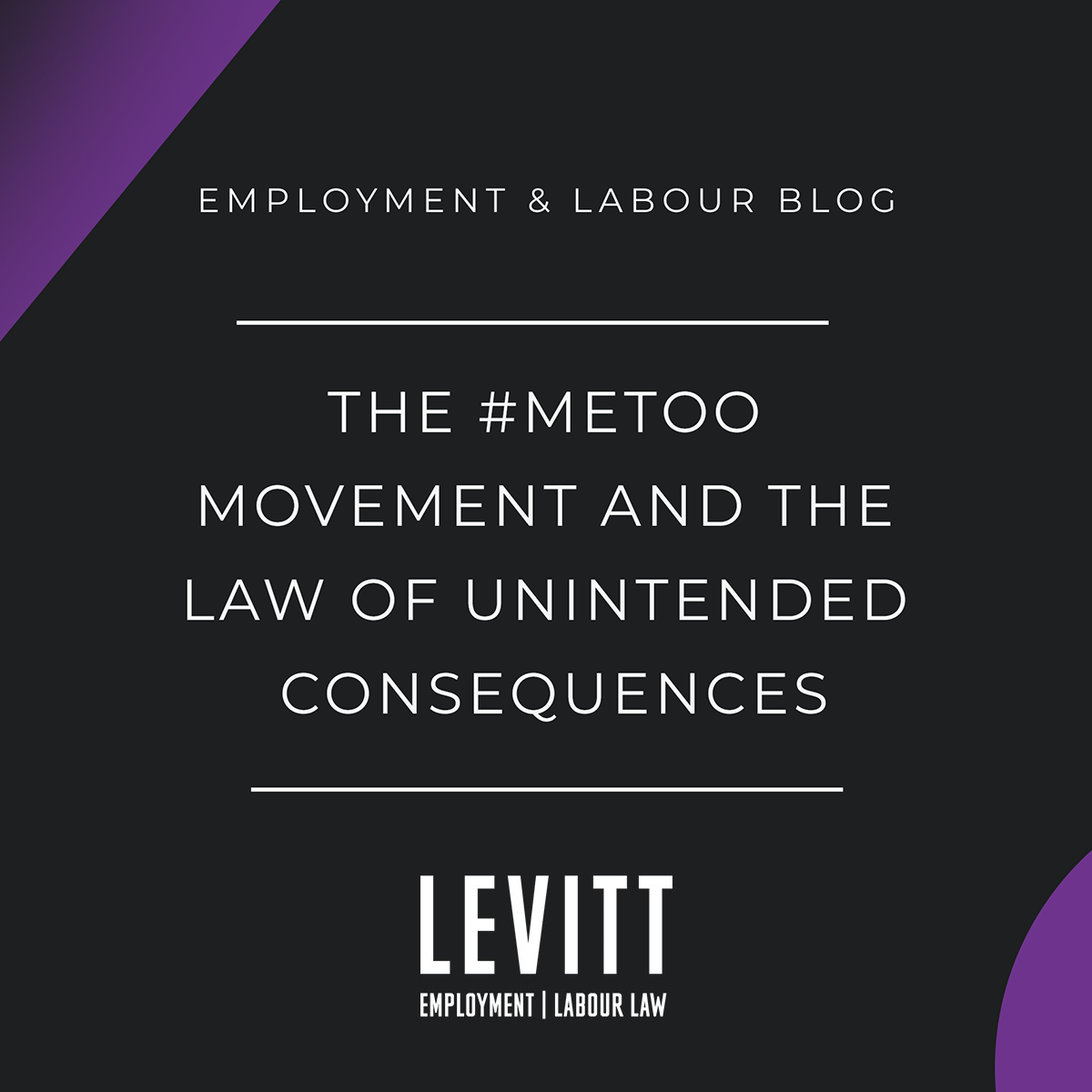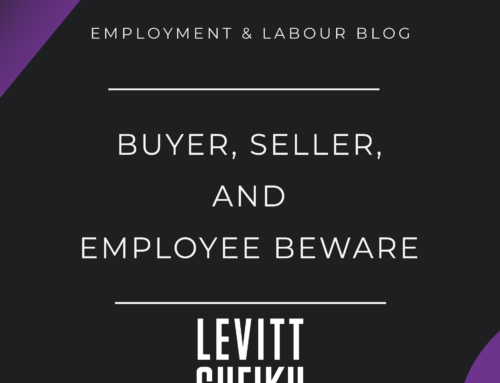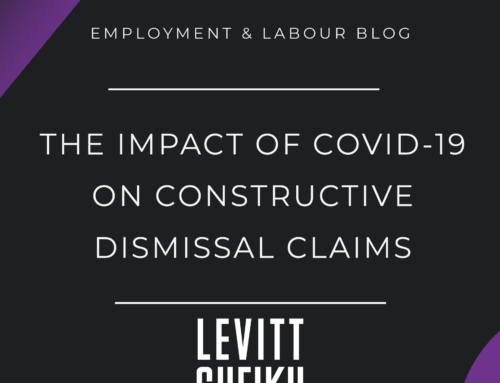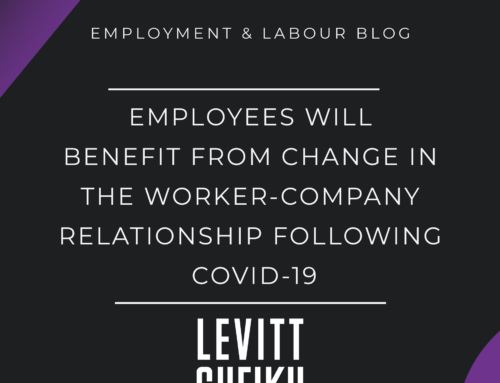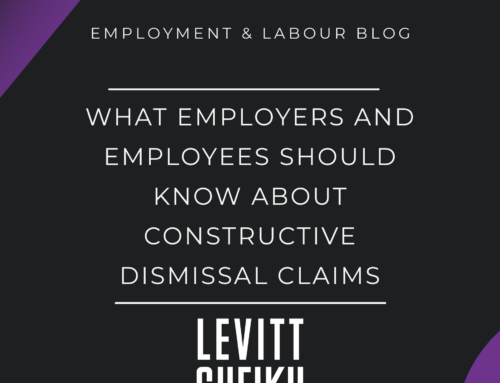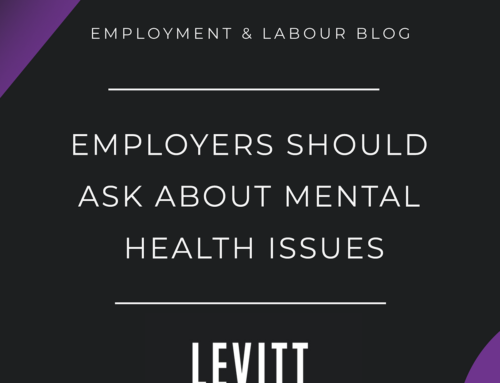The Law of Unintended Consequences
“The road to hell is paved with good intentions”—Saint Bernard of Clarvaux, 1091 to 1153.
It is a useful expression to keep in mind, although I prefer to think of it as the law of unintended consequences.
The indispensable time “Reminiscences of a Stock Operator” refers to one old chap who was not like the others. He never volunteered advice or bragged of his winnings. He listened attentively to others but did not seem keen to get tips. When someone gave him one, he always thanked the tipster very politely. If it went wrong, he never whined, so no one could tell whether he followed the lead or let it slide by.
Whenever he was asked his view, he would say very impressively, “you know it’s a bull market”, as though he was giving you a priceless talisman wrapped up in a million-dollar accident Insurance policy. When one customer gave him a tip that had done very well and then recommended that he sell, he sheepishly refused. When the customer pressed and told him that he had sold his own stake, he responded, “I hope you can repurchase your substantial concession, but it’s a bull market, you know.”
“Reminiscences of a Stock Operator”
The point is, although you can try to chip at the margins, it is tough to buck the trend. But, cognizant as I am of the risk of naysaying society and the workplace’s biggest trend, indeed its tsunami, the #Metoo movement—whatever illuminating impact it may ultimately have on women—damaging and unintended consequences are already cracking at its seams:
1) In the same way that maternity leave legislation makes employers reluctant to hire women of childbearing age, or minimum wage leads to increased unemployment among the lower income, the #Metoo movement has caused many employers to think twice about the risks of women in the workplace. The consequence: women will have a more difficult time obtaining employment and promotions.
2) US Vice President Mike Pence appeared a Philistinic lout when it became known that he refused to dine alone with any woman other than his wife. Some now view him as a prescient visionary.
Mentoring is not only working together. It means working late together, traveling together, etc. A recent US survey conducted by Sheryl Sandberg, COO of Facebook and author of “Lean In”, in the polling company Survey Monkey (founded by her husband) showed that 50% of US senior managers say they are afraid to do a common work activity with a woman, are 3.5 times more likely to have dinner with a junior male colleague than a woman, and five times more likely to travel with him.
And mentoring is not only formal but informal. For the same reasons, women are now more apt to be excluded from dinners, drinks, after work and other forms of socializing that would have helped develop their careers.
3) Many workplaces rely on camaraderie and teamwork to succeed. Creating an environment of fear of allegations by women and dividing people based on gender hampers teambuilding and is a serious blow to moving society to real rather than formulaic (the type enforced by human rights tribunals) equality.
4) If an employee is to get ahead in a firm, he or she needs an advocate. But many men will be reluctant to develop a relationship with a woman if they perceive any risk that it could be a boomerang.
5) A radical but vocal subsection of the #Metoo movement advocates that women making allegations of sexual predation must always be believed. The theory is that, given the historic social pressure to be silent, if a woman has the courage to come forward, she must be telling the truth. Of course, men have no monopoly on being liars or even perjurers. Some women, confident they will be believed, might well make false accusations whether to settle old scores, obtain compensation, or in response to relationships that have soured.
They need not even lie. When it comes to affairs of the heart, retrospective, particularly ancient memory is notoriously unreliable and often self-serving and revisionistic.
6) Historically, companies have ignored or compartmentalized improper behavior from that employee’s skill or value to the company. That should have been unacceptable. But now, those walls have become porous. Most of the men toppled by the movement were well known to be predators, yet not only survived but thrived. Just look at Bill Clinton whose approval ratings exceeded any modern president at the end of his tenure, while Lewinsky became a suicidal punchline. Will we now see the reverse where minor historic harassment, deserving of only a warning and training, will end the prospects of some companies’ strongest contributors?
7) The person who has fared worst to date from the movement has been a woman. When Rose McGowan stated that Hollywood manager Jill Messick enabled Weinstein’s abuse, Messick became so distraught that she committed suicide last month. Her family‘s press statement included, “she became collateral damage in an already horrific story.”
Make no mistake—many of the people who enabled the sexual predators were the legion of human resource managers, General Counsels, etc. who negotiated and signed settlement agreements with the harassed women and arranged the hush money. Many were women. I expect them to be named in many of the lawsuits.
8) “Due process” is the preserve of the court—not of human resource policies. However, too many companies, anxious to protect their brand from any allegations, now quickly throw the accused overboard without so much as the pretense of an inquiry. This not only incents false allegations but damages the trust employees have in their organizations and leads to successful lawsuits against the company. Whatever one thinks of Patrick Brown (and I don’t think much), it is almost impossible to recover from even a false allegation.
So, like in a bull market, you don’t fight the trend; but you should be very careful not to be swept aside by false currents.
Learn more about employment law at Levitt LLP Employment and Labor Law

